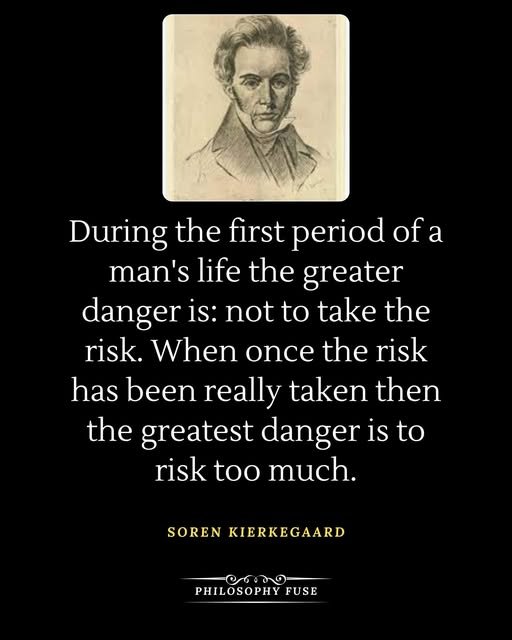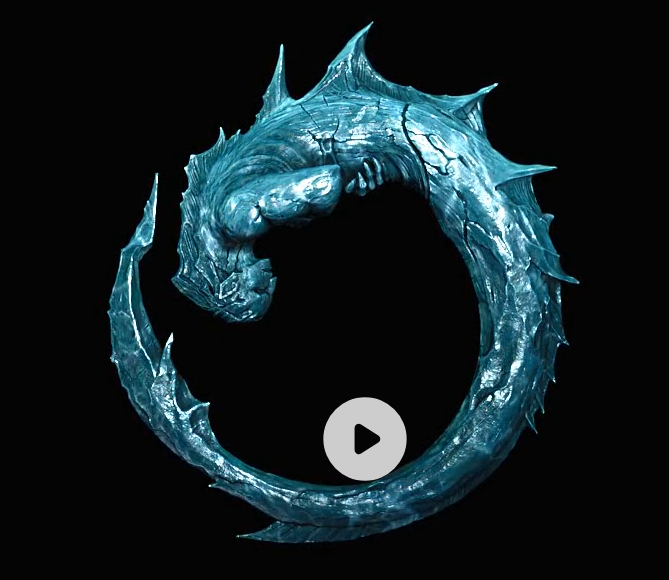\"Dostoevsky\'s \"Demons\" sometimes also called The Possessed or The Devils is a novel first published in the journal The Russian Messenger in 1871-72. It is considered one of the four masterworks written by Dostoevsky after his return from Siberian exile, along with Crime and Punishment (1866), The Idiot (1869), and The Brothers Karamazov (1880). \"Demons\" is a social and political satire, a psychological drama, and large-scale tragedy. It has been described as Dostoevsky\'s most confused and violent novel, and his most satisfactorily \'tragic\' work. The novel is also considered Dostoevsky\'s greatest onslaught on Nihilism and one of humanity\'s most impressive achievements in the art of prose fiction.
The novel is inspired by the true story of a political murder that horrified Russians in 1869. Dostoevsky conceived \"Demons\" as a \"novel-pamphlet\" in which he would address the plague of materialist ideology infecting his native land. The characters in the novel are motivated by various \'isms\' such as liberalism, feudalism, atheism, nihilism, and socialism, which possess them like demons. The strength of \"Demons\" lies in its characters, each of whom is portrayed as being possessed by an ideology, making them complex and not mere puppets.
\"Dostoevsky\'s \"Demons\" has been praised for its intricate and detailed reflection, strange, dark, and mysterious characters, and its unique storytelling. It is considered a magnificent background work and a beautiful piece of art. The novel is known for its uneasy and disturbing theme, delving into the troubled political, social, and spiritual atmospheres of the 19th century.
Overall, \"Demons\" by Fyodor Dostoevsky is a powerful and thought-provoking work that delves into the complexities of human ideologies and their impact on society, making it a significant contribution to the world of literature.\"




























.jpg)
.jpg)

.jpeg)



.jpg)





.jpeg)
.png)



.jpeg)
.jpg)











.jpg)










.jpeg)

.jpg)





.jpeg)



.jpg)









.jpg)



